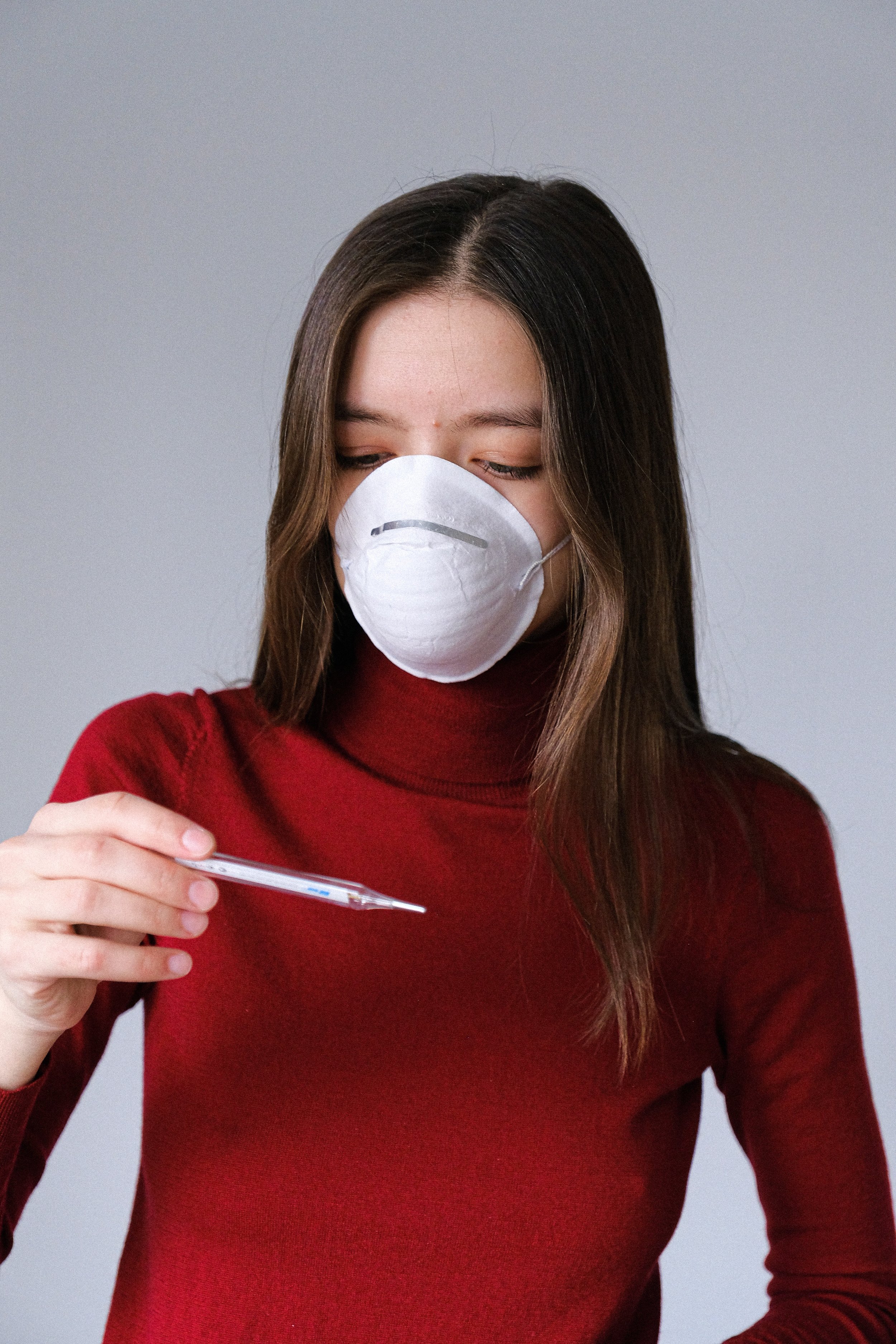How to Cope With Health Anxiety
Do you spend hours on the internet researching symptoms and health information? Do you think a new bump or unknown symptom is cancer? You always feel like something is wrong in the back of your mind. Even when the medical results come back.
If this sounds like you or a loved one, the culprit may be health anxiety.
According to Harvard University, 4% to 5% of people are affected by health anxiety. However, some experts believe it may be underreported and that the percentage could be closer to 12% — or even twice that.
Health anxiety is an irrational and obsessive worry that you have a serious medical condition. It occurs when perceived bodily sensations or changes are interpreted as symptoms of a serious disease.
According to a study published in the International Journal of Cognitive Therapy, the COVID-19 pandemic has many unique features that make it more troubling than past pandemics.
The pandemic has not helped those who suffer from health anxiety. For almost two years, we’ve had the threat of a potentially fatal virus looming over our heads. The pandemic has exacerbated symptoms for people with health anxiety.
The Center for Disease Control (CDC) has also advised us to closely monitor our symptoms. If we are feeling symptomatic, we are advised to get a COVID-19 test. Some of the symptoms we are instructed to look out for mirror symptoms of anxiety, such as shortness of breath.
There’s also the factor of isolation. The pandemic has forced us to tighten our circle or to even be alone for months. Isolation can interfere with our typical coping methods and allow our thoughts to fester and become extreme.
Lastly, there is the coverage of this pandemic. It’s difficult to open your social media, watch the news or search the web without running into information about COVID-19. Coupled with this, the level of misinformation that spreads about the severity of the pandemic can be confusing and frustrating.
How can we differentiate health worry and health anxiety?
Health anxiety typically includes symptoms such as: worrying about being sick while you have no symptoms, medical test results do not alleviate fear, constantly seeking health information, or health worries interfering with your social life and routine.
Typically, just feeling anxious about being sick when there are symptoms present does not qualify as health anxiety.
How can we manage health anxiety?
1. Change Your Focus of Attention
A lot of the time, people with health anxiety will focus on one part of their body or one function which can trigger extreme thoughts. If you feel yourself starting to hyper focus on one thing health-related, try to redirect your attention. You could try cleaning a room, painting, or exercising.
2. Practice Mindfulness
Another way of redirecting your attention from a body function or part is mindfulness. If you are feeling like you are losing control over your thoughts or spiraling about a perceived symptom, try practicing mindfulness. To ground yourself, you can do a 5-4-3-2-1 exercise.
Identify:
• 5 things you can see
• 4 things you can touch
• 3 things you can hear
• 2 things you can smell
• 1 thing you can taste
3. Acknowledge Your Feelings
Don’t blame yourself for feeling anxious about a sickness or symptom. There is no right way or wrong way to feel in the moment. Try identifying how you’re feeling and say it out loud. This can be an effective way to reduce your feelings intensity.
4. Avoid Health-Related News
This is a difficult one today – everywhere you look there is information about COVID circulating. Try limiting the amount you look at the news to once a day and make sure that you’re getting your information from trusted sources. Because the constant search for health-related information is most likely hurting you more than helping you.
5. Seek Treatment
Don’t let the stigma of therapy interfere with you seeking help. Health anxiety is real and it can impact your life in a negative way. Therapy can help alleviate some of the symptoms of health anxiety and allow you to live a more comfortable life.
If you or someone you love is suffering from health anxiety, please reach out to us. Our team of therapists is here to provide support and guidance. We look forward to connecting with you.






